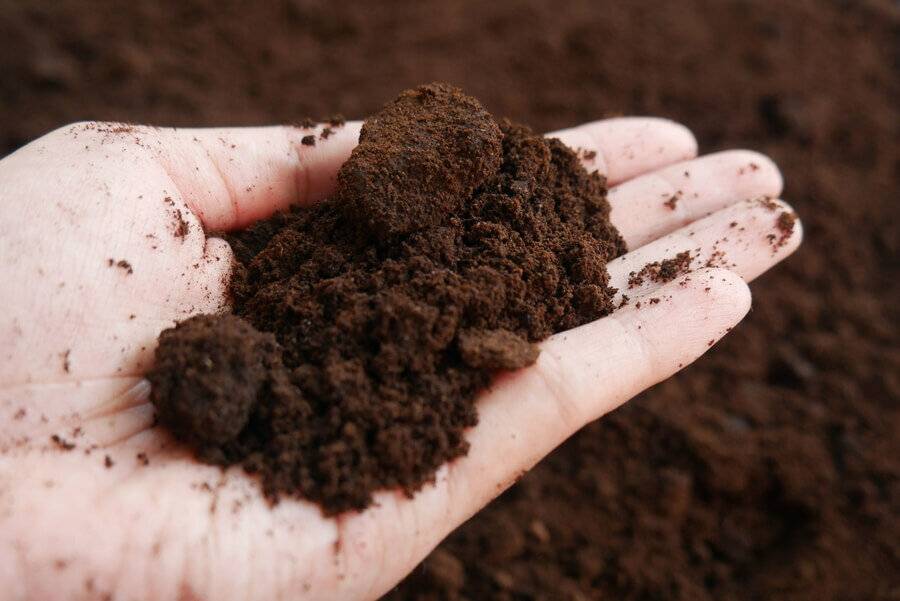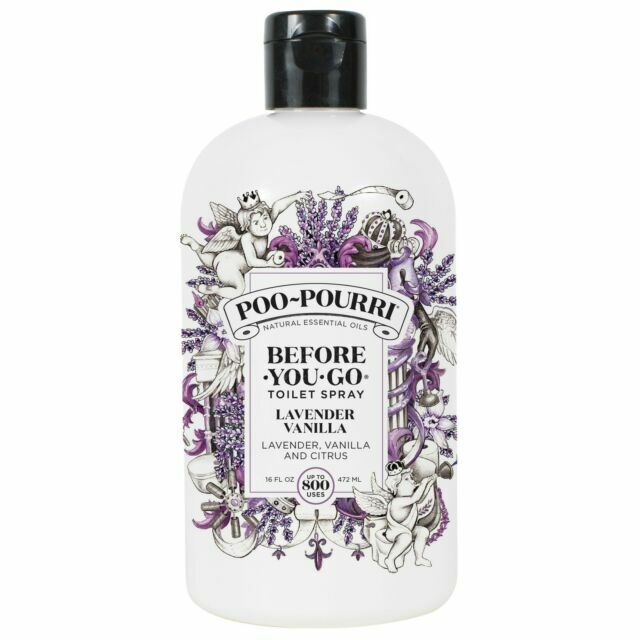When it comes to maintaining a septic tank, homeowners often find themselves seeking alternative solutions to ensure its optimal functioning. One such solution that has gained attention is the use of buttermilk. But does buttermilk truly have a positive impact on septic tanks, or is it just another myth?
In this article, we will delve into the topic of buttermilk and its potential effects on septic tanks. We will explore the science behind septic tank maintenance, discuss the composition of buttermilk, and evaluate its suitability as a septic tank additive. Our aim is to provide you with an unbiased analysis of whether buttermilk can be beneficial or detrimental to your septic system.
| Topics Covered | |
|---|---|
| 1. Understanding Septic Tank Functioning | |
| 2. Composition of Buttermilk | |
| 3. Evaluating the Impact of Buttermilk on Septic Tanks | |
| 4. Conclusion |

Now, let’s dive into the world of septic tanks and explore the potential benefits or drawbacks of using buttermilk as a septic tank additive.
The Impact of Buttermilk on Septic Tanks
Understanding the functioning of septic tanks is crucial before delving into the potential effects of buttermilk as a septic tank additive. Septic tanks are underground wastewater treatment systems commonly used in areas without access to municipal sewage systems. They are designed to collect, treat, and dispose of household wastewater.
1. Understanding Septic Tank Functioning
A septic tank consists of two main chambers: the primary chamber and the secondary chamber. When wastewater enters the tank, it undergoes a natural separation process. Solid waste settles at the bottom, forming a layer of sludge, while lighter materials such as grease and oils float to the top, creating a layer of scum. The liquid wastewater, known as effluent, resides in the middle.
The primary purpose of a septic tank is to allow the solid waste to decompose naturally over time. The effluent then flows out of the tank into a drain field, where it is further treated by the soil. This process helps prevent the contamination of groundwater and protects the environment.
2. Composition of Buttermilk
Buttermilk is a dairy product that is often used in cooking and baking. It is the liquid left behind after churning butter from cream. Traditionally, buttermilk was a byproduct of butter-making, but nowadays, it is commonly made by adding lactic acid bacteria to milk.
Buttermilk is known for its tangy flavor and creamy texture. It is rich in nutrients like calcium, potassium, and vitamin B12. However, it is important to note that the composition of buttermilk can vary depending on the manufacturing process and any additional ingredients.
3. Evaluating the Impact of Buttermilk on Septic Tanks
When it comes to septic tank maintenance, some homeowners believe that adding buttermilk can help introduce beneficial bacteria into the system, aiding in the breakdown of solid waste and improving overall performance. However, the effectiveness of buttermilk as a septic tank additive remains a topic of debate.
While buttermilk does contain lactic acid bacteria, which are known to have beneficial properties, it is important to consider the potential drawbacks. Buttermilk is a dairy product, and introducing dairy into a septic tank can have adverse effects. Dairy products can contribute to the formation of excess fats and oils, leading to clogs and reduced efficiency in the system.
Furthermore, the introduction of foreign substances into a septic tank can disrupt the natural balance of bacteria and microorganisms responsible for the decomposition process. This disruption can potentially hinder the tank’s ability to break down solid waste effectively.
Conclusions
Based on the available information, it is difficult to definitively state whether buttermilk is good or bad for septic tanks. While buttermilk contains beneficial bacteria, its dairy composition and potential to disrupt the septic tank’s natural processes raise concerns.
If you are considering using buttermilk as a septic tank additive, it is advisable to consult with a septic system professional. They can provide expert guidance based on the specific characteristics of your septic system and offer alternative solutions that are proven to be effective and safe.
Remember, proper septic tank maintenance involves regular pumping, avoiding the introduction of harmful substances, and following recommended practices. By prioritizing responsible septic tank care, you can ensure the longevity and optimal functioning of your system.


0 Comments